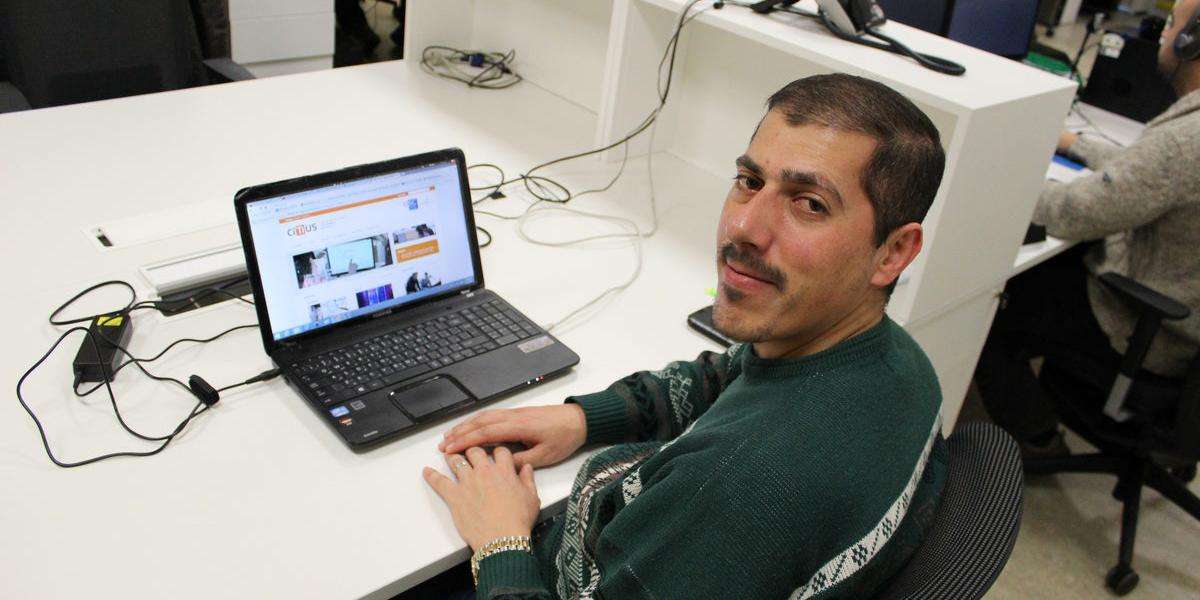
PhD Defense: ‘Gesture recognition system application to early childhood education’
This PhD research is focused on using Human-Computer Interaction (HCI) in the form of Gesture Interactive Game-Based Learning (GIGL), to test their effect on stimulating the working memory (WM) and basic mathematical skills (BMS) in early childhood (5-6 years). The researchers developed a set of educational games in which the interaction of person-computer has been implemented using a system of recognition of gestures with hands. The user (child) gestures with the hand and controls the interaction with the game. Motion capture has been developed using the Kinect device, while for the development of the game interfaces, the Unity 3D graphics engine has been chosen. Only a short set of gestures; select, drag, drop where selected and implemented. These gestures are, in general, standard to every application and the devices should recognize them without problems. In the evaluation phases, the working memory was measured by using the Corsi Test, and the basic mathematical skills by using the test for the diagnosis of basic mathematical competences (TEDI-MATH).
This study proved that at a very early stage of childhood, it can be concluded that the Executive Functions, with a focus on working memory, can be improved and positively impact the mathematical skills developed through GIGL. There has been an increase in children's cognitive abilities through computer game play. The set of applications developed with the GIGL paradigm overcome the limitations of traditional interfaces used in early childhood education, such as the keyboard, mouse or gamepad.
On-site event
/events/phd-defense-gesture-recognition-system-application-to-early-childhood-education
events_en